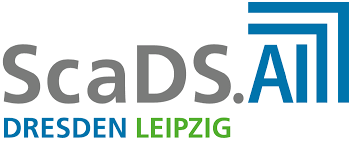Topic
Speaker
Date
Location
Text
Interessentenkreis:
GK-Stipendiaten und Mitarbeiter, die sich mit der Konstruktion von wissensbasierten Systemen mit vor allem medizinischen Anwendungen beschäftigen. Das Tutorial setzt technische Kenntnisse im Knowledge Engineering voraus.
Beschreibung des Tutorials von M. Musen:
For nearly two decades, our laboratory has been researching methods to automate protocol-based medical care. Our approach comprises the use of a central knowledge base that captures relevant protocol descriptions in electronic form and a suite of problem solvers, each of which has been developed to address a particular application task (e.g., planning therapy, identifying appropriate protocols, performing retrospective quality assurance). A common database mediator centralizes resources for querying time-oriented patient data and for inferring temporal abstractions of those data. A common explanation facility allows users to obtain justifications of the behavior of the different problem-solving components. We refer to this collection of software components for automation of protocol-based care as "EON". In parallel, we have been developing a technology for knowledge-base construction known as "Protege". Although Protege offer a generic workbench for development of any class of intelligent system, we have considerable experience in using Protege to build knowledge bases related to protocol-based care for use by EON. Most recently, we have used Protege and EON to help automate the management of patients who have hypertension in accordance with a national guideline adopted by Veterans Affairs’ hospitals in the United States. In this tutorial, we will discuss the EON and Protege systems in detail, and describe EON’s most recent application in the hypertension domain. We also will summarize important research problems in the use of decision-support technology to aid in the application of clinical protocols and guidelines.


